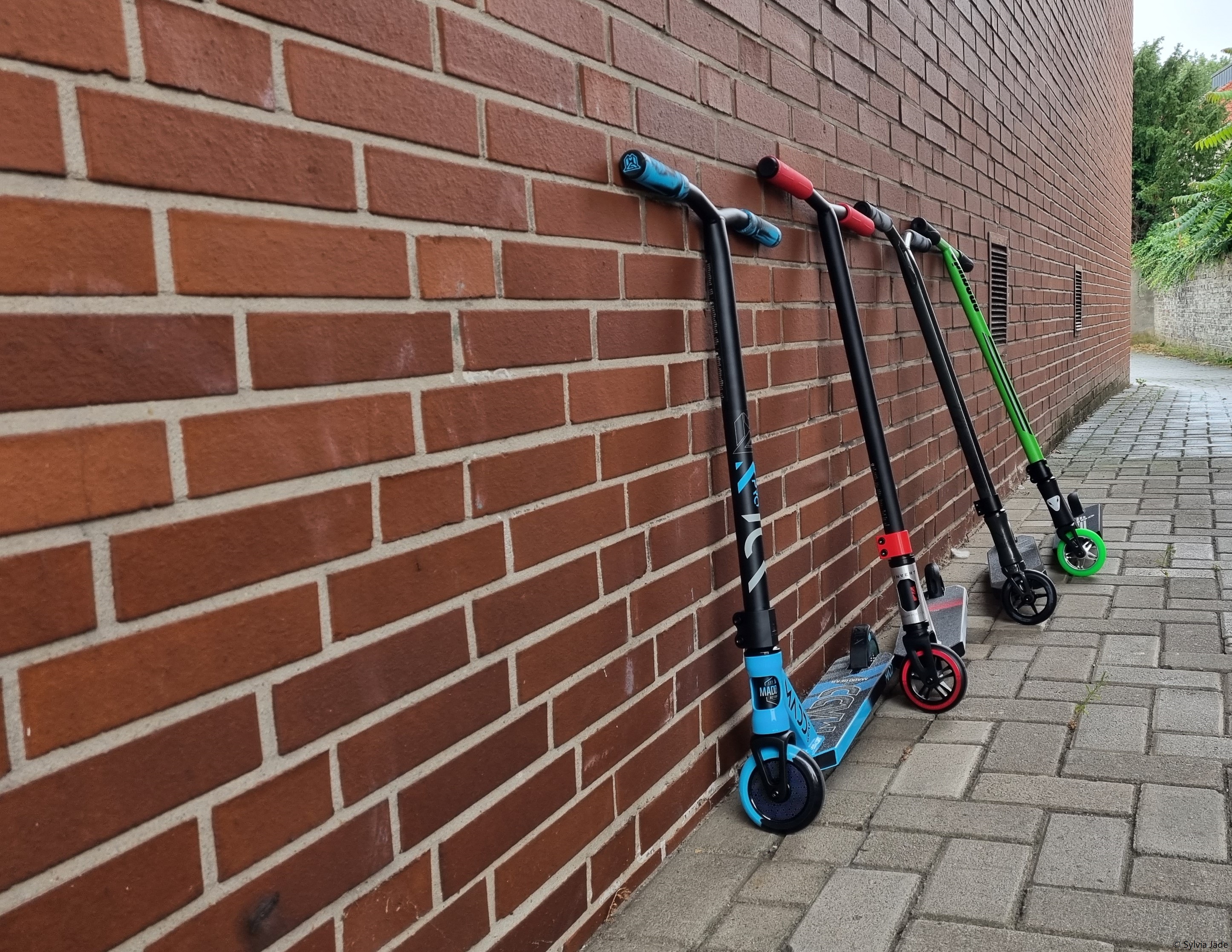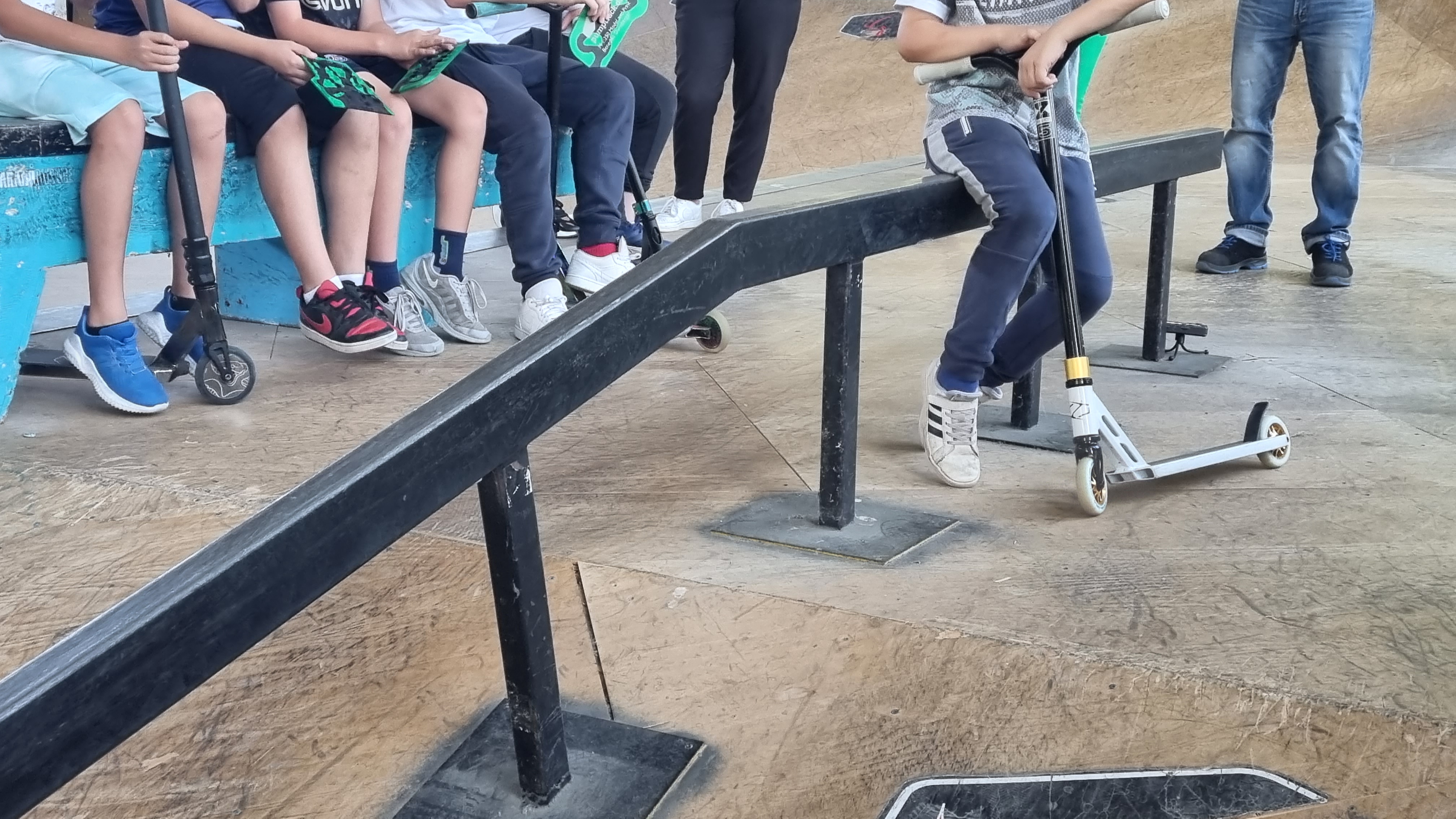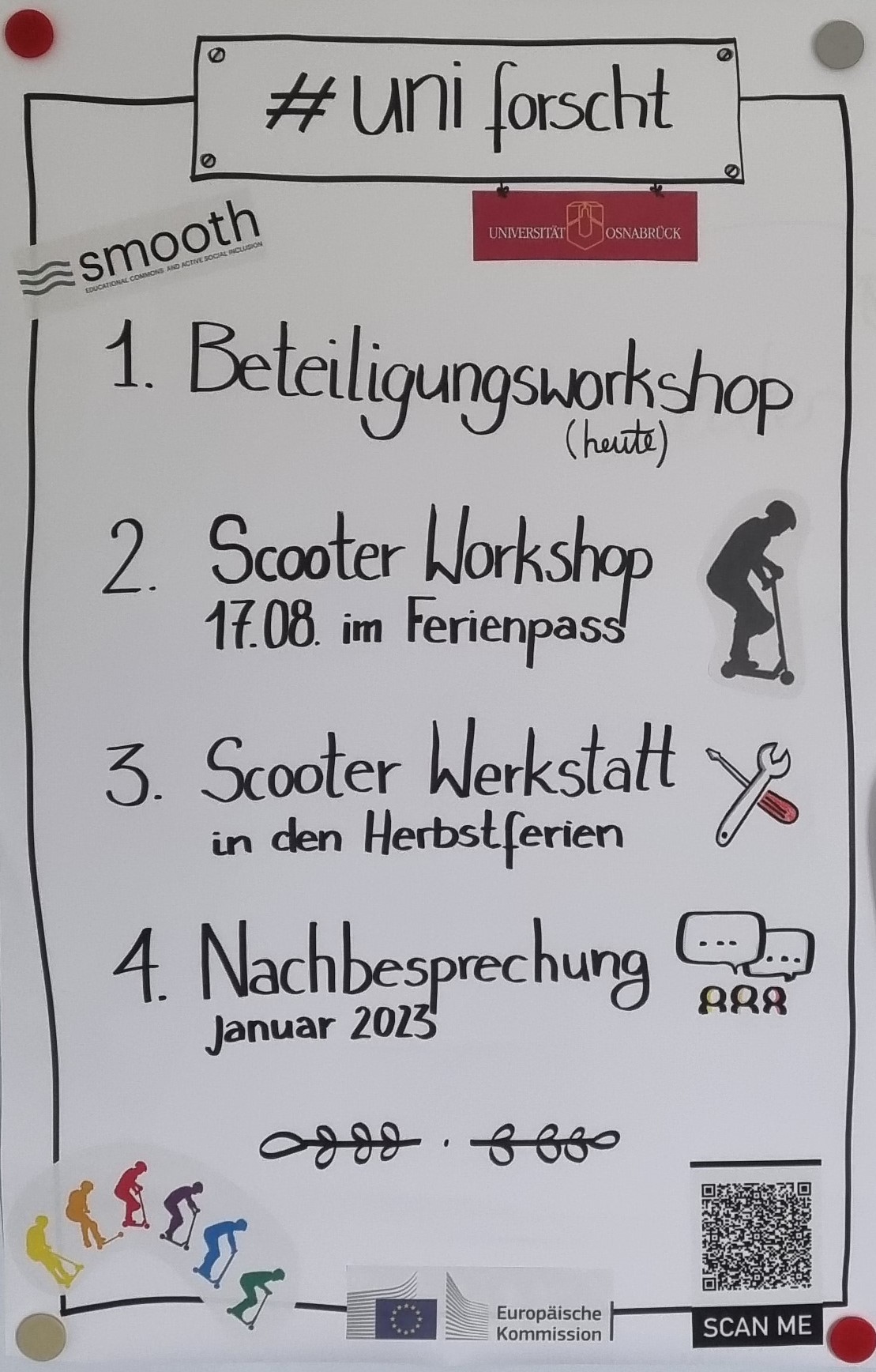Hauptinhalt
Topinformationen

SMOOTH
What's SMOOTH?
Further information on the SMOOTH project
The sub-project in Osnabrück
NEWS
What’s SMOOTH?
SMOOTH is an abbreviation for “Educational Common Spaces. Passing through enclosures and reversing inequalities”, a project led by the University of Thessaly (Greece) with the participation of a variety of universities and organizations from 8 other European countries. The study, which will be conducted from 2021-2024 involves the participation of around 50 educational institutions. These institutions will undertake case studies designed to examine if and how educational commons can operate as a catalyst for addressing inequalities.
The project looks to create smooth spaces of democratic citizenship and experimentation with new ways of thinking and doing on the basis of equality, collaboration, collective creativity, sharing and caring, focusing on the collective construction of knowledge to strengthen intercultural and intergenerational dialogue and social integration.
For this purpose, cases studies will be developed through a variety of methodologies including pedagogical documentation, the pedagogy of listening, ethnography, and discourse analyses. Furthermore, the case studies will be designed to facilitate the active participation of children who will contribute through co-designing the activities, determining the topics of activities and even conducting field work and interviews.
At the same time, the project will bring teachers, facilitators and trainers to learn together and build and foster community through their diverse backgrounds; finally, the project considers a cross-cutting, cross-disciplinary analysis concerning the role of educational commons to provide policymakers new, innovative and more efficient tools for proposing new policies to better engage children and adults in developing a more secure and resilient economic, political and social model of Europe.
The project follows the research approach of action research, in which children and young people are involved in the research. SMOOTH has set itself the following goals:
| a. | reverse inequalities faced by children from vulnerable social groups; |
| b. | strengthen inter-cultural and inter-generational dialogue and social integration; |
| c. | develop vital social and personal skills for the children and adults; |
| d. | create smooth spaces of democratic citizenship and experimentation with new ways of thinking and doing on the basis of equality, collaboration, collective creativity, sharing and caring; |
| e. | build and foster community through differences. |
Universities, research labs, municipalities, NGOs, museums, and youth organizations, in different countries, will work interdisciplinary and interculturally together to achieve the above aims from the point of view of educational commons.
The research team of the University of Osnabrück around Prof. Dr. Florian Eßer, Dr.in Judith von der Heyde and Sylvia Jäde, M.A. is participating with the sub-project 'Occupying Public Urban Space with Stunt Scooters: Collective Learning Through Motion in Children's Peer Cultures'. This is dedicated to the question of how children and young people appropriate urban spaces through their stunt scooter practice.
Further information for editors:
For Osnabrück
Prof. Dr. Florian Eßer
Educational science with a research focus on social pedagogy
Tel.: +49 541 969-4793
florian.esser@uni-osnabrueck.de
For the overall project SMOOTH
UPF Team at the University Pompeu Fabra (Barcelona)
smooth@upf.edu
Further information on the SMOOTH project
Duration: 03/2021 bis 02/2024
Project Management: Prof. Dr. Florian Eßer & Dr.in Judith von der Heyde
Research associate: Sylvia Jäde, M.A.
Funding: Europäische Union – HORIZON 2020 (101004491) EU Cordis Homepage
Project email address: smooth-uos@uni-osnabrueck.de
Homepage of the project
Social Media Channels
Twitter @smooth_H2020
LinkedIn Smooth Project
Youtube SMOOTH Project



The sub-project in Osnabrück
„Occupying Public Urban Space with Stunt Scooters: Collective Learning Through Motion in Children’s Peer Cultures“
The research team consisting of Prof. Florian Eßer, Dr. Judith von der Heyde and Sylvia Jäde, M.A. is accompanying the planning and construction of a new scooter court as part of the project.
Background of the project
Stunt scooter riding is one of the new trend sports that has become increasingly popular in recent years. Many scooter riders use places in the city for their sport, in addition to existing skate parks, and thus appropriate urban spaces that are predominantly shaped by adults in particular. In this context, it is mainly the scooter riders who support each other in practising their sport and thus not only exchange knowledge about the sport together, but also acquire new knowledge.
Aim of the project
With this project, we want to find out what interests children and young people in riding scooters, what they particularly enjoy about it, how they got into riding scooters and what it takes to practice this sport. We are also interested in how children and young people explore the city with their stunt scooters and in which places they ride their scooters. The very explorative design of the project allows for a variety of perspectives in the analysis, which not only reveals the material dimensions of scooter riding in urban space, but also various thoroughly political intergenerational negotiation processes. On the one hand, this makes it possible to work out what constitutes scooter riding as a leisure practice, and on the other hand, it becomes visible in which processes and spaces this practice is and is integrated. Within the framework of the project, we are therefore accompanying a group of scooter riders, in cooperation with the city of Osnabrück, in the planning and construction of a new scooter square, which is to be built in 2022.
Project Roadmap
The project started with the participation workshop (case study 1) organised by the City of Osnabrück at the beginning of August 2022. In addition to the researchers, the city's actors, the planner designing the park, some scooter riders and other interested parties were on site to exchange ideas about the new area to be built.
The following week the project continued with a workshop explicitly dedicated to the topic of scooter riding (case study 2). The trainer, a scooter rider himself, spent a morning practising tricks with the participants and talking to them about safe riding techniques on their sports equipment. Together, the group set a goal for the day, which all participants achieved by the end of the day.
In the coming weeks, we will also design a scooter repair workshop together with the scooter riders (case study 3) and with the help of our third party. The focus will be on everything that has to do with the scooter itself: Repairing, disassembling and assembling, fitting new parts. Scooter riders can also share life hacks here, such as where to get cheap but high-quality parts. The workshop is planned for the 2022 autumn holidays.
Finally, and after the completion of the scooter park, we would like to meet again with all the people involved in the planning and construction of the Scooter Space for an evaluation workshop (case study 4). The aim is to create a framework within which the participants can exchange and reflect on the process. This workshop will probably take place at the beginning of next year 2023.
If you are interested in our project, please do not hesitate to contact us: smooth-uos@uni-osnabrueck.de
Topinformationen
NEWS
SMOOTH Newsletter
Click here for past news.

